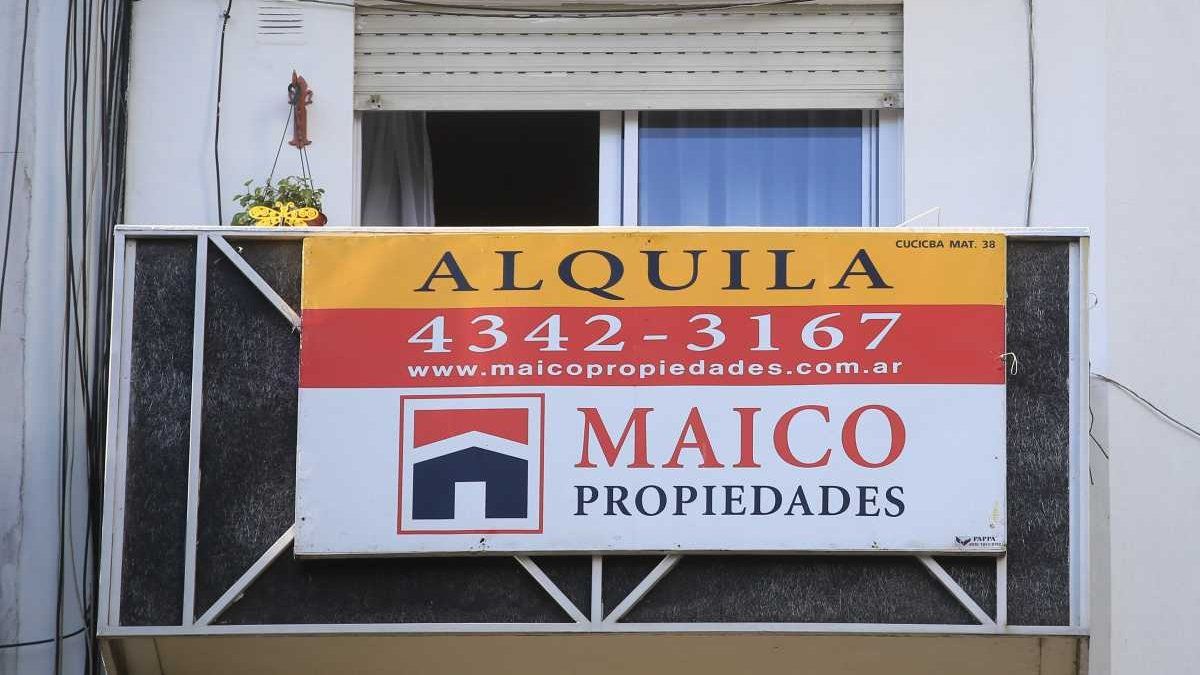The first to freeze the rental price was Yrigoyen, and later Perón deepened with the prohibition of empty housing for more than a month, the creation of the Chamber of rents to control and regulate the relationship of the tenant with the rentiers, established the function of the housing in the Constitution of 49′ (as the German constitution has today), provided credits from the state Mortgage bank for 100% of the value of the houses.
The results of all these measures were conclusive: in 1943 the weight of rents over salaries was 18.7%, in 1957 2.6%. It is also from 1947 that tenant workers become owners. Mortgage credit and rental price regulation will continue until the last dictatorship.
Another world, another country.
Neoliberalism and the financialization of housing
From the 1970s, housing policy falls under the same paradigm as the globalized economy. Tacher says: “I don’t want a world of proletarians but of owners”. Pinochet repeats it. Europe begins to privatize public rental housing.
Here in Argentina Videla dollarizes the houses and eliminates the State from any intervention. Housing is once again a business and the “dream of home ownership” is the humanized version of a meritocratic system. The state is reduced to building a few houses above all to boost job creation. The market takes everything.
The rental law came to put in tension an urgent and fundamental debate: what role should the state play in access to housing.
The real estate market and JxC have already said it explicitly and without shame: supply and demand, save yourself, discuss housing in terms of the market, not rights.
What is in dispute is whether access to housing is decided by the market or by the people through the State. The rental price is a dispute over the distribution of income and the tenant organizations will continue to argue that housing is a right, not a dream.
Gervasio Muñoz Pte. National Federation of Tenants
Source: Ambito




